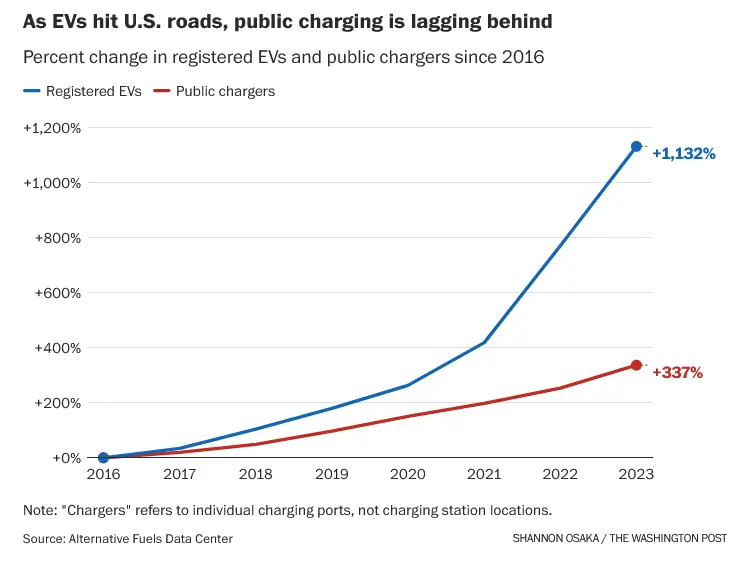Transcript (and errors in it) are mine, as NPR is mainly a broadcast outlet.
Tamara 0:00
The salad chain restaurants Sweetgreen surprised a lot of people when they recently said they would begin serving beef and Los Angeles area vegans got an even bigger shock. The restaurant chain, formerly known as Sage Vegan says they will soon offer meat and dairy these restaurants highlight their sustainable goals. But beef and dairy are huge sources of planet warming pollution. Both restaurants say the beef would come from farms that practice what's known as regenerative farming. But what does this actually mean for the climate? To learn more, we are joined by Julia Simon from NPRs climate desk. Hey, thanks for having me. started at the beginning. What is regenerative farming? What how does it work?
Julia 0:42
So a step back soil has the potential to draw down carbon dioxide from the atmosphere and store it but many conventional farming practices end up releasing carbon. regenerative agriculture is this umbrella term for a bunch of farming practices different from conventional farming that can in theory be better for the soil and the environment?
Tamara 1:05
So give us an example of how regenerative farming is different from conventional farming.
Julia 1:11
Yeah, so one example is cover crops, which basically means that there's always some kind of plant like grasses or legumes on your fields versus conventional farming, letting fields lie fallow. Emily Oldfield, as soil scientists at the Environmental Defense Fund says that can help lead to more healthy soil,
Emily Oldfield 1:32
you're preventing against soil loss and erosion, you're you're maximizing the presence of living roots. So you're sort of feeding all those microbes that are down in there.
Tamara 1:41
Okay, I get it for plants. But explain these restaurants say that their beef is coming from regenerative farms. How does it work with livestock?
Julia 1:49
There's something called regenerative grazing, where you're managing the way livestock like cattle graze on grasses to improve soil health, among other things. regenerative
Tamara 1:59
agriculture often gets discussed in the context of climate solutions, does it reduce emissions?
Julia 2:07
Yeah, there are ways it could, but some scientists worry about some climate benefits getting overstated. Give us example, their scientists say that keeping soils more intact can increase the amount of carbon stored in them, which is good, right carbon dioxide, it's a planet heating gas, great to have carbon in the soil versus the atmosphere. But there are lots of questions about how much carbon gets stored in the soil by changing these practices. And critically, how long the carbon stays in the soil. Here's Eric Slessor, of professor at Yale University,
Eric Slessor 2:40
organic matter and soil is a lot of material. There are microorganisms living on it, and they're constantly breaking it down and releasing it as co2 goes back to the atmosphere. And so soil is not a sealed off compartment. It's dynamic. Also,
Julia 2:56
Also things like drought, heat can affect the amount of carbon that soil stores. And while a farmer might be doing regenerative farming now, there's no guarantee that they'll be doing these practices into the future. Slessor of says this is a big question mark over climate claims around regenerative agriculture.
Eric Slessor 3:16
In my mind, that is the biggest uncertainty is how long is that carbon going to stay out of the atmosphere if it ends up in the soil in the form of organic matter?
Tamara 3:26
Is a regenerative farming does not sound like an exact science at this point. And the long term climate benefits may be in question. But in terms of beef, the climate impacts are pretty clear. Right?
Julia 3:40
Right. The main reason cattle hit the planet so much is that cattle burp and those burps have a lot of methane, this very potent greenhouse gas. Also in much of the world making room for cattle and food for cattle drives deforestation, which also heats the planet.
Tamara 3:58
I want to ask about these companies Sweetgreen and Sage Vegan which on its website now says it is rebranding as Sage Regenerative. What do they have to say about all of this?
Julia 4:07
Both Sweetgreen and Sage Regenerative did not respond to NPRs Requests for Comments. But again, we should say regenerative agriculture does have lots of environmental benefits. These practices are really good for soils that can reduce erosion water runoff, the questions come with the claimed climate benefits. Ultimately, experts I spoke to say when it comes to climate emissions from food, there might be an impulse to tweak around the edges, but meaningful emissions reductions will have to focus on the big sources of emissions like cattle. Research shows. just swapping out beef in a meal can have a big impact on a person's daily climate emissions.
Tamara 4:50
And our doctors might suggest the same. That's NPR's Julia Simon. Thanks, Julia.
Julia 4:54
Thank you, Tamra.



